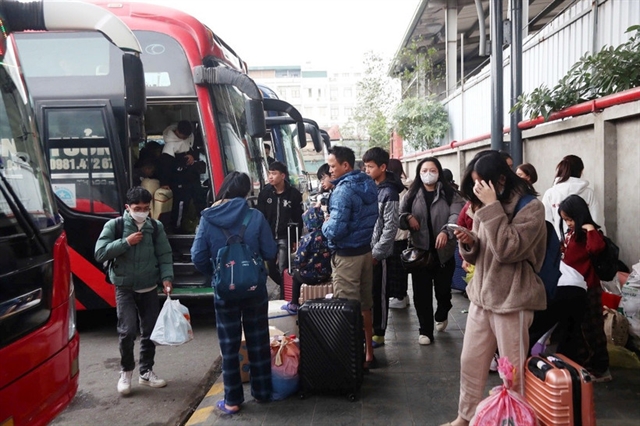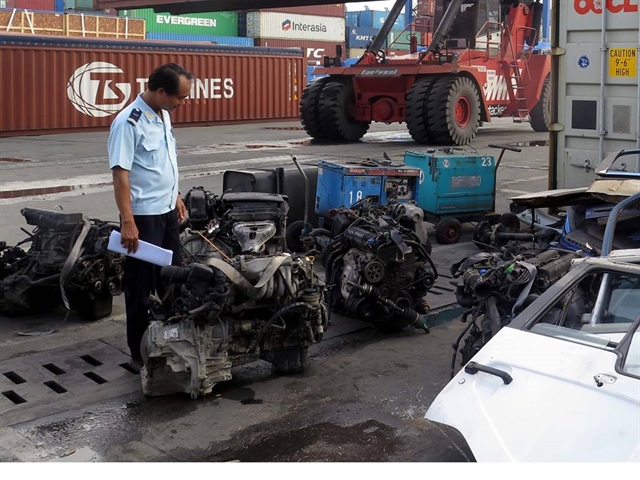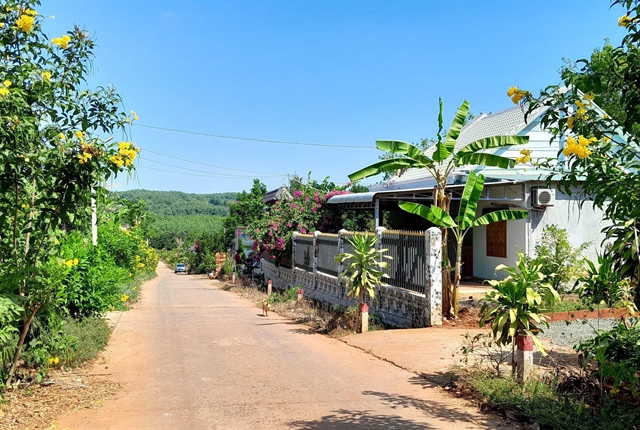 Society
Society
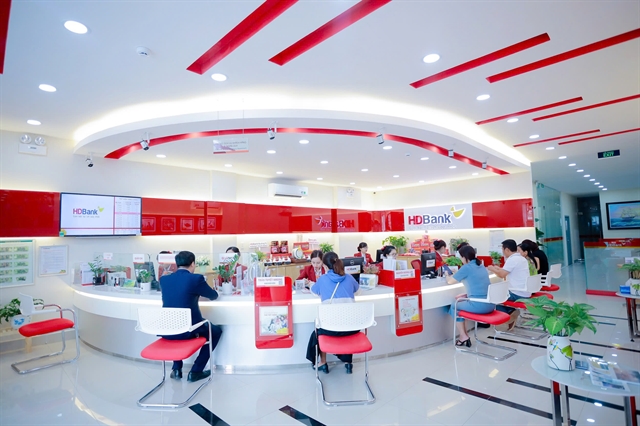
BÌNH PHƯỚC – Farmers in Bình Phước Province have secured decent salaries by going organic.
They are using organic farming methods because these products are in highly demand and fetch higher prices.
The southeast province has large farming area and is encouraging farmers to switch to produce high-quality agricultural products under safe methods to improve their income and protect community health.
In Bù Đốp District, many farmers grow vegetables in net houses which prevent pest damage and ensure a high yield.
Phạm Thị Loan in the district’s Thanh Bình Town switched to growing organic vegetables in a 3,500sq.m net house after the Bù Đốp District Agriculture Service Centre chose her family to implement an organic model.
“Previously, my family grew vegetables under a traditional method and used chemical fertilisers and pesticides improperly so my products did not have high economic efficiency,” she said.
After she switched to grow organic vegetables, her products are referred by local consumers and most harvests are sold out and get a price higher than the market price, she said.
Her family now receives an income of VNĐ15 million (US$600) a month.
Bù Đốp has 830ha of vegetables, accounting for 20 per cent of its short-term crop growing areas.
Nguyễn Hữu Đức of the Bù Đốp District Agriculture Service Centre said the centre is replicating the organic model and hopes more farmers will follow suit to protect their health and the health of consumers.
“The centre has implemented and transferred pest-preventing models that use biological products to treat fruit pests and they are effective,” he said.
Bình Phước, which is one of largest pepper producing provinces in Việt Nam, has many pepper farms using the organic method.
Trần Văn Huân, one of farmers in Bù Đốp’s Tân Tiến Commune said the organic cultivation of pepper helps reduce production costs and diseases while their yield and quality remain stable.
The price of organic pepper is 30 - 40 per cent higher than that of traditional pepper, he said.
Most households grow organic pepper have stable income and can live a wealthy life, according to the Bù Đốp District Agriculture Service Centre.
The district will strengthen implementing advocacy activities to farmers, it said.
The province has encouraged farmers to grow their crops under Vietnamese and global good agricultural practices (VietGAP and GlobalGAP) standards.
Phan Thế Hải in Thanh Bình Town is planting 500 China's Taiwan pearl guava trees under VietGAP standards and uses biological products to treat pests.
The trees are 10 years old and grow well, and their fruits are plum and even in size. He uses plastic bags to cover young guavas to prevent pests and protect the appearance of the fruit.
He earns an income of VNĐ15 million ($600) a month from selling the fruit, he said, adding that he hope more farmers to grow fruits under VietGAP or organic methods.
“I am willing to share experiences and techniques of growing guava to other farmers,” he said.
More and more farmers in the province have planted their crops to VietGAP and GlobalGAP standards and using advanced farming techniques such as hydroponics.
Nguyễn Đình Sánh in Lộc Ninh District’s Lộc Thái Commune has been granted VietGAP standards certification for his vegetables.
He sells about 70kg of vegetables a day and believes he can sell more, plus by using this method always means profits.
He also benefits from the project of developing models that grow some kinds of fruits and vegetables under VietGAP and GlobalGAP standards in Bình Phước’s border districts.
The project belongs to the province’s programme to support the application and transferring of science and technology to serve socio-economic development in border districts in 2020-25. – VNS
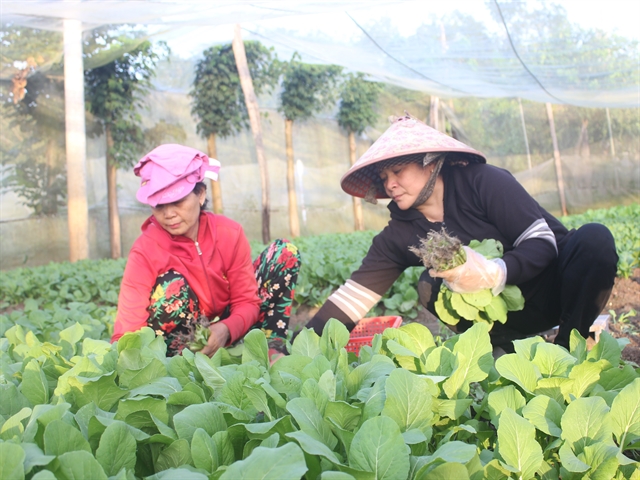 |
| Farmers harvest organic vegetables planted in a net house in Bình Phước Province’s Bù Đốp District. – VNA/VNS Photo K GỬIH |


